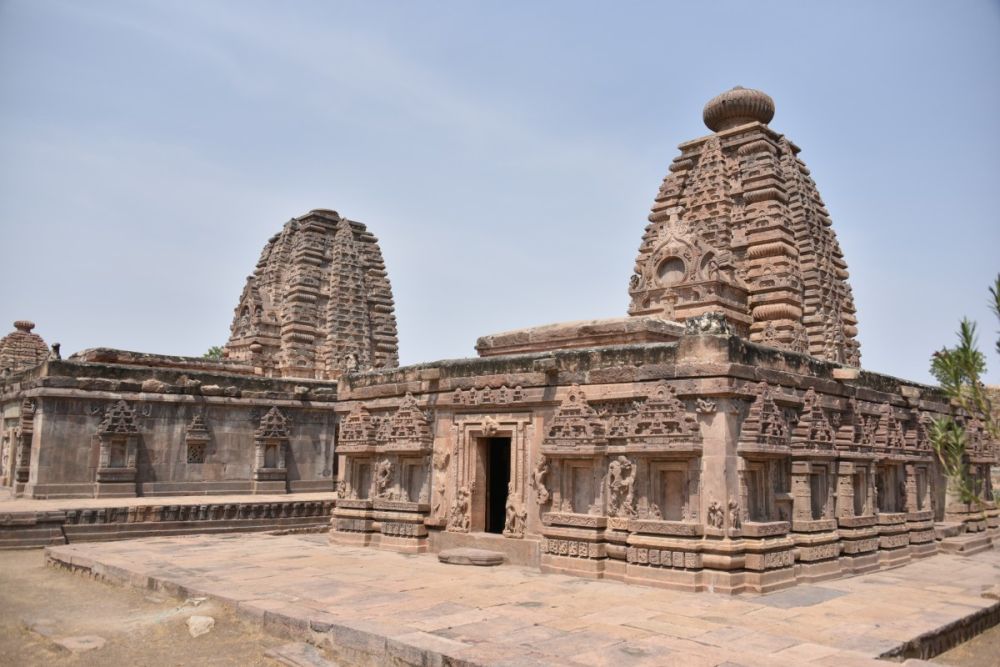

Located in the Mahbubnagar district of Telangana, India, the Alampur Jogulamba Temple is a significant historical and spiritual destination. Alampur is often referred to as the "City of Temples" and holds a prominent place in the hearts of both devotees and history enthusiasts.
The temple is dedicated to Goddess Jogulamba, one of the 18 Maha Shakti Peethas mentioned in ancient Hindu texts. It is a conglomerate of sanctuaries and is considered to be amongst the most ancient in the region. The temple architecture exhibits a blend of the Chalukyan and Nagara styles, reflecting the prowess of the early temple builders.
Alampur as a center for spirituality and tourism has a history that dates back centuries. Pilgrims have been visiting the Jogulamba Temple for ages to offer their prayers and seek blessings. However, the concerted effort to promote Alampur's cultural heritage for tourism has been more recent.
After the state of Telangana was formed in 2014, there has been a significant push to highlight its historical sites and the Alampur Jogulamba Temple has garnered special attention. The government has taken steps to improve infrastructure, making it more accessible and appealing to visitors from all over the world.
The temple, though resilient, has witnessed the sands of time and faced the consequences of nature's might. The original structure was demolished in the 14th century and the present temple is a reconstructed version that stands testimony to the architectural greatness of its time.
Conservation efforts have been taken to restore the temple's ancient glory. Archaeological studies and restorative projects have assisted in piecing together the historical narrative of the temple complex, making it not just a pilgrimage spot but also an insightful experience for those interested in history.
With a surge in cultural tourism, Alampur has seen an increase in visitors who are keen on exploring the site's heritage. Enhanced digital presence and social media marketing have played pivotal roles in boosting tourism. Local guides have become invaluable in providing immersive experiences, recounting tales of the temple's past and highlighting significant aspects of its construction and relevance.
Eco-friendly initiatives and sustainable tourism are also gaining traction. There's a conscious effort to maintain the sanctity of the region while accommodating tourists, aiming for a balance between commercial tourism and ecological preservation.
Today, Alampur is easily accessible by road and is a part of many religious tourism circuits in Southern India. Annual festivals and special poojas attract a large number of devotees, especially during Navaratri and other auspicious days associated with Goddess Shakti.
While visiting the temple, tourists can also explore the Nava Brahma Temples, a group of nine temples dedicated to Lord Shiva that are located within the Alampur temple complex. These temples stand as a remarkable example of early Indian temple architecture and constitute a significant part of Alampur's historical identity.
The Alampur Jogulamba Temple remains a cherished piece of Telangana's rich tapestry of culture and history. It presents a unique and enchanting experience for anyone interested in India's spiritual traditions, archaeological marvels, and the timeless journey of human civilization.